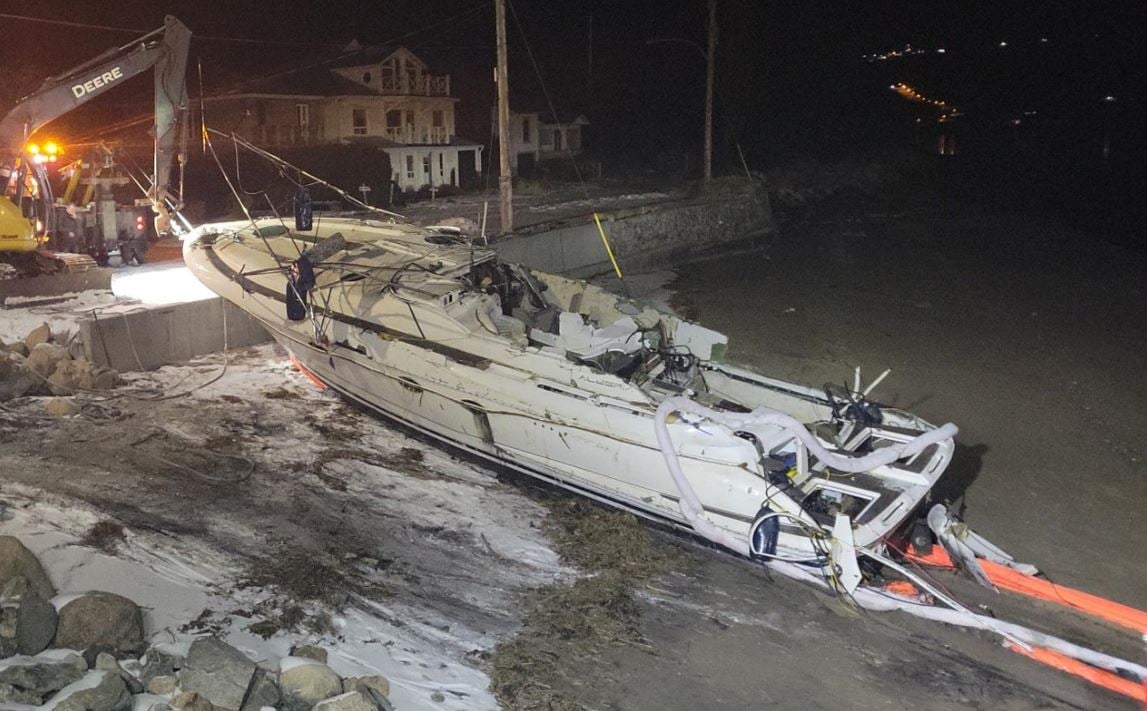Despite the high cost of alcohol use in the workplace to employers’ bottom line and to worker safety, the law continues to lag behind and in some ways even hinder employers’ efforts to address the problem head-on.
Legislative landscape
There is no uniform Canadian response to alcohol and drug use in the workplace, whereas, the United States has taken legislative initiatives to deal with the problem much more directly. In fact, some states have enacted legislation that provides workers’ compensation insurance premium discounts to employers who have implemented drug-free workplace programs that meet certain criteria.
Until the Canadian legal landscape adopts a similar position, employers must determine the best course to keep their workplaces free of alcohol, and effectively manage related workers’ compensation claims. Some employers utilize random alcohol testing in an effort to keep the workplace safer, reduce absenteeism and decrease premiums for workers’ compensation. However, such employers have faced resistance from the courts and union representatives.
Recently, however, the New Brunswick Court of Appeal provided some hope to employers in this regard.
New Brunswick approves random testing
In July 2011, the New Brunswick Court of Appeal in the case of Communications, Energy and Paperworkers Union of Canada, Local 30 v Irving Pulp & Paper Limited (“Irving Pulp”) dismissed a union’s appeal and confirmed a lower court’s decision, upholding mandatory unannounced alcohol testing of employees in safety sensitive positions to be reasonable and lawful.
The employer in Irving Pulp, an operator of a kraft paper mill, had an alcohol and drug policy in place that mandated testing for “safety sensitive positions” in a number of scenarios. One of these scenarios was unannounced random alcohol testing. A millwright who was selected for a random breathalyzer test felt dishonoured because the consumption of alcohol was against his religious faith.
The union filed a grievance on behalf of the employee with the New Brunswick Labour Arbitration Board alleging that “ … there was no reasonable grounds to test or significant accident or incident which would justify such a measure,” therefore the employer lacked the authority to implement mandatory random alcohol testing.
In allowing the grievance, the board held that an employer does not possess unfettered and unilateral discretion to implement rules in the workplace. All rules must be reasonable and consistent with the collective agreement. Evidence presented by the employer did not show a significant risk of safety concerns related to alcohol impairment at the workplace. The benefit to be gained from the testing was minimal at best, while the intrusion to employee privacy was high. Therefore, the board held that the random alcohol testing provisions of the employer’s alcohol and drug policy failed to meet the reasonableness test.
The employer brought a judicial review application to the Court of Queen’s Bench, which overturned the board’s decision. After a review of the workplace operations, the court held that random alcohol testing of employees, even in the absence of an existing alcohol program or an accident or incident justifying such testing, is reasonable where: the workplace is inherently dangerous; and the form of testing chosen by the employer has the lowest impact on employee privacy.
The union appealed to the Court of Appeal, which dismissed it and confirmed the decision of the Court of Queen’s Bench in favour of the employer. The Court of Appeal held that where the workplace is inherently dangerous, an employer is not required to prove an existing alcohol problem in their workplace before implementing a policy requiring unannounced alcohol testing.
Contrary to the finding of the Arbitration Board, the Court of Appeal equated the paper mill with a railway operation or a chemical plant, and further held that the existence of a $350-million pressure boiler with a high potential for an explosion resulting in grave personal injury and environmental damage supported the contention that the paper mill is inherently dangerous.
It remains to be seen whether courts across the country will follow suit. Although, drug and alcohol testing for safety sensitive positions has been long upheld where reasonable grounds to test exist, arbitration boards across the country have been reluctant to allow random testing.
The New Brunswick Court of Appeal’s decision in Irving Pulp represents the first judicial effort to directly address the issue of random alcohol testing; it is expected to play a key role in changing the existing national views on alcohol and drug testing.
Legislative landscape
There is no uniform Canadian response to alcohol and drug use in the workplace, whereas, the United States has taken legislative initiatives to deal with the problem much more directly. In fact, some states have enacted legislation that provides workers’ compensation insurance premium discounts to employers who have implemented drug-free workplace programs that meet certain criteria.
Until the Canadian legal landscape adopts a similar position, employers must determine the best course to keep their workplaces free of alcohol, and effectively manage related workers’ compensation claims. Some employers utilize random alcohol testing in an effort to keep the workplace safer, reduce absenteeism and decrease premiums for workers’ compensation. However, such employers have faced resistance from the courts and union representatives.
Recently, however, the New Brunswick Court of Appeal provided some hope to employers in this regard.
New Brunswick approves random testing
In July 2011, the New Brunswick Court of Appeal in the case of Communications, Energy and Paperworkers Union of Canada, Local 30 v Irving Pulp & Paper Limited (“Irving Pulp”) dismissed a union’s appeal and confirmed a lower court’s decision, upholding mandatory unannounced alcohol testing of employees in safety sensitive positions to be reasonable and lawful.
The employer in Irving Pulp, an operator of a kraft paper mill, had an alcohol and drug policy in place that mandated testing for “safety sensitive positions” in a number of scenarios. One of these scenarios was unannounced random alcohol testing. A millwright who was selected for a random breathalyzer test felt dishonoured because the consumption of alcohol was against his religious faith.
The union filed a grievance on behalf of the employee with the New Brunswick Labour Arbitration Board alleging that “ … there was no reasonable grounds to test or significant accident or incident which would justify such a measure,” therefore the employer lacked the authority to implement mandatory random alcohol testing.
In allowing the grievance, the board held that an employer does not possess unfettered and unilateral discretion to implement rules in the workplace. All rules must be reasonable and consistent with the collective agreement. Evidence presented by the employer did not show a significant risk of safety concerns related to alcohol impairment at the workplace. The benefit to be gained from the testing was minimal at best, while the intrusion to employee privacy was high. Therefore, the board held that the random alcohol testing provisions of the employer’s alcohol and drug policy failed to meet the reasonableness test.
The employer brought a judicial review application to the Court of Queen’s Bench, which overturned the board’s decision. After a review of the workplace operations, the court held that random alcohol testing of employees, even in the absence of an existing alcohol program or an accident or incident justifying such testing, is reasonable where: the workplace is inherently dangerous; and the form of testing chosen by the employer has the lowest impact on employee privacy.
The union appealed to the Court of Appeal, which dismissed it and confirmed the decision of the Court of Queen’s Bench in favour of the employer. The Court of Appeal held that where the workplace is inherently dangerous, an employer is not required to prove an existing alcohol problem in their workplace before implementing a policy requiring unannounced alcohol testing.
Contrary to the finding of the Arbitration Board, the Court of Appeal equated the paper mill with a railway operation or a chemical plant, and further held that the existence of a $350-million pressure boiler with a high potential for an explosion resulting in grave personal injury and environmental damage supported the contention that the paper mill is inherently dangerous.
It remains to be seen whether courts across the country will follow suit. Although, drug and alcohol testing for safety sensitive positions has been long upheld where reasonable grounds to test exist, arbitration boards across the country have been reluctant to allow random testing.
The New Brunswick Court of Appeal’s decision in Irving Pulp represents the first judicial effort to directly address the issue of random alcohol testing; it is expected to play a key role in changing the existing national views on alcohol and drug testing.





